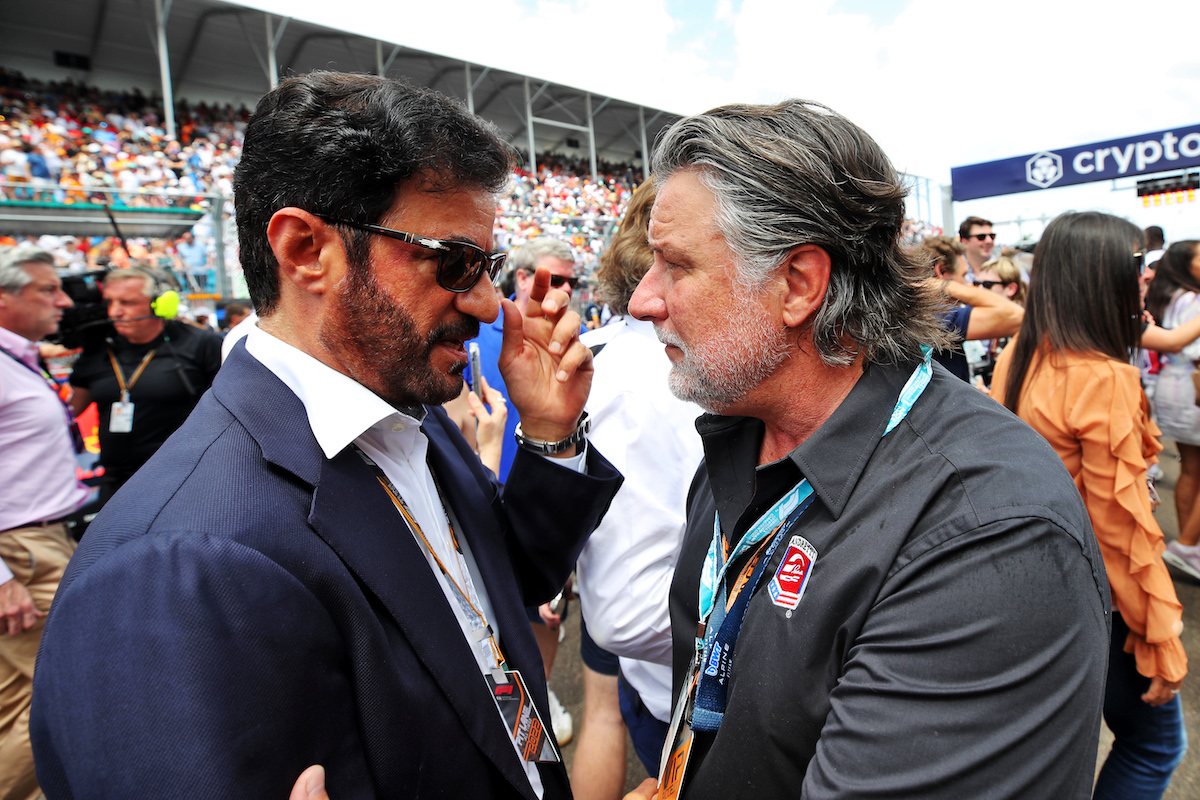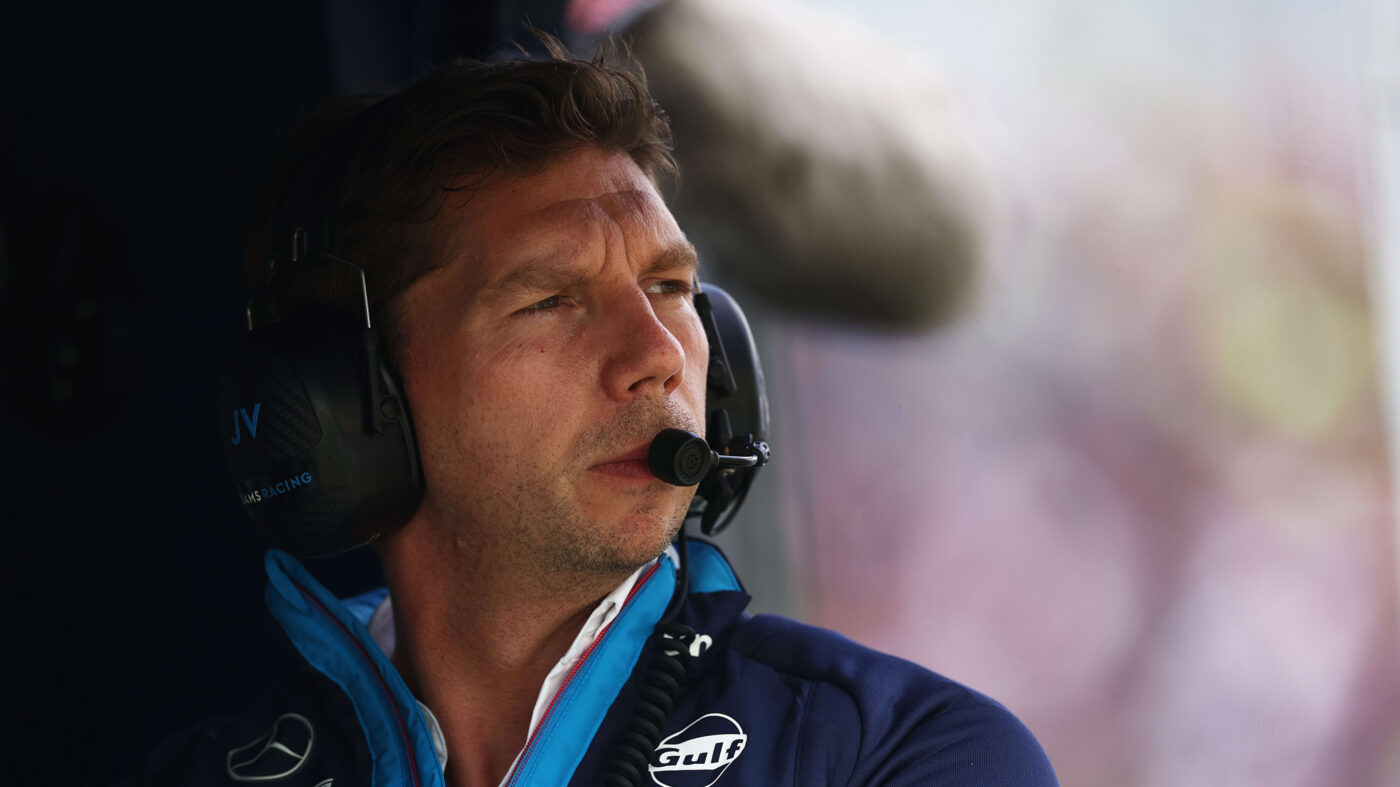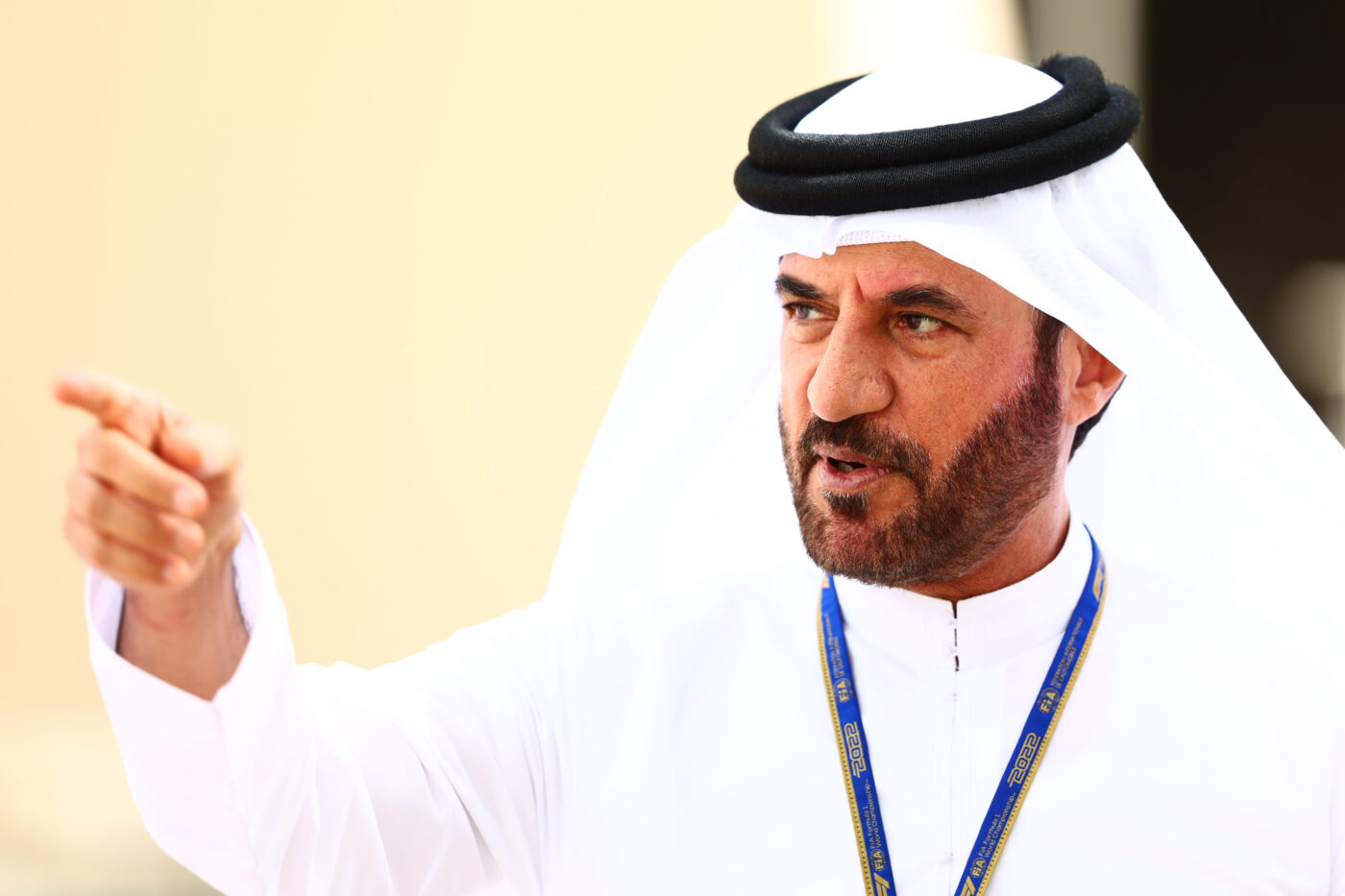FIA President has dramatically accused the 10 Formula 1 racing teams of not being entirely truthful regarding their growing concerns over Andretti’s inclusion into the Formula 1 grid, claiming that their protests were down to potential financial losses.
It was reported that at the beginning of this month, the FIA – Formula 1’s governing body – had officially approved a $200 million USD (~$311 million AUD) bid for Andretti Cadillac to enter the Formula 1 grid as the eleventh racing team.
The move would see Andretti Cadillac join Haas as the second American racing team currently competing in Formula 1; a move that’s consistent with the increased popularity of the world’s premier motorsport that has since taken over the U.S.
During Andretti’s application, the American team promised to employ at least one American driver to further boost the sport’s commercial interests stateside. If their bid is successful, Andretti Cadillac would join the F1 grid in either 2025, 2026 or 2027.

A bid of $200 million (~$311 million AUD) was required to meet the criteria of entry, which will be divided amongst the existing 10 racing teams as compensation in line with the commercial agreement with F1, known as the Concorde Agreement.
But teams such as Williams have vehemently expressed concern over the fee, suggesting that it’s not nearly enough to cover the financial hits suffered by the teams on the grid, as Williams, and other teams similar, have only just reached a point of financial stability following the pandemic and extraneous circumstances…something FIA President Mohammed Ben Sulayem has sensationally rejected.
RELATED: F1’s Liam Lawson Reveals Stunning Admission About Daniel Ricciardo Ahead Of Qatar Grand Prix
During a media roundtable reported by The Athletic, Ben Sulayem suggested that growing concerns amongst the 10 Formula 1 teams are unfounded, and accused them of financial greed amid concerns of Andretti joining the grid.
“Let’s not play a game here,” Ben Sulayem said in response to the teams’ concerns about instability. “It is about the money.”
The teams have a valid point. Formula 1 is one of the most unpredictable sports in the world, and teams often find it challenging to sustain their position in it. The pandemic undoubtedly exacerbated the situation, as many teams teetered on the edge of financial collapse due to a substantial loss of revenue.

“My thoughts are very clear.” Williams Team Principal James Vowles said. “Williams is against the addition of an 11th team, and very strongly against.” Williams has demanded the Concorde Agreement be tripled by 2026 when Andretti is thought to officially race in F1.
Wealthy owners had to inject significant funds into their teams to ensure their stability, and it’s only in recent times that these teams have begun to consider themselves financially secure.
“It should be known that this isn’t just us that are not financially stable,” Vowles continued. “I would say probably half the grid aren’t. I think the addition of an 11th team is a sensible thing but only at the point where the 10th team on the grid is financially stable.”
The Formula 1 teams have been reluctant to support Andretti’s proposal, arguing that expanding the grid to 11 teams would significantly reduce the revenue share, on which every team relies, that is currently distributed among them.
As the sport continues to evolve and generate significant interest, finding common ground and preserving the sport’s competitive integrity while ensuring financial security will remain an ongoing and critical debate among its stakeholders… but any protestation might fall on deaf ears.
